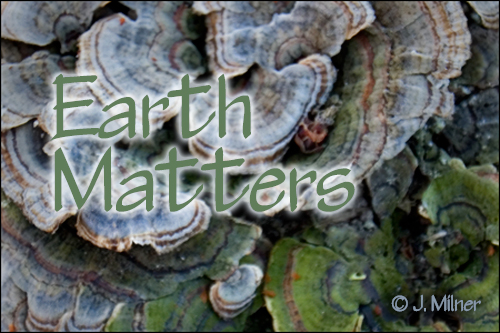 CFN – A Regional Artist, Charlotte King and I shared some time together a couple of weeks ago to exercise our photographic eyes and take advantage of a bright Sunny Spring day at a local City of Cornwall wooded area, Lynwood Forest. This is an area which I had wanted to visit and explore as this natural area is obviously slated for development judging by the ‘For Sale’ signs and the development that has occurred in the vicinity over the past several years.
CFN – A Regional Artist, Charlotte King and I shared some time together a couple of weeks ago to exercise our photographic eyes and take advantage of a bright Sunny Spring day at a local City of Cornwall wooded area, Lynwood Forest. This is an area which I had wanted to visit and explore as this natural area is obviously slated for development judging by the ‘For Sale’ signs and the development that has occurred in the vicinity over the past several years.
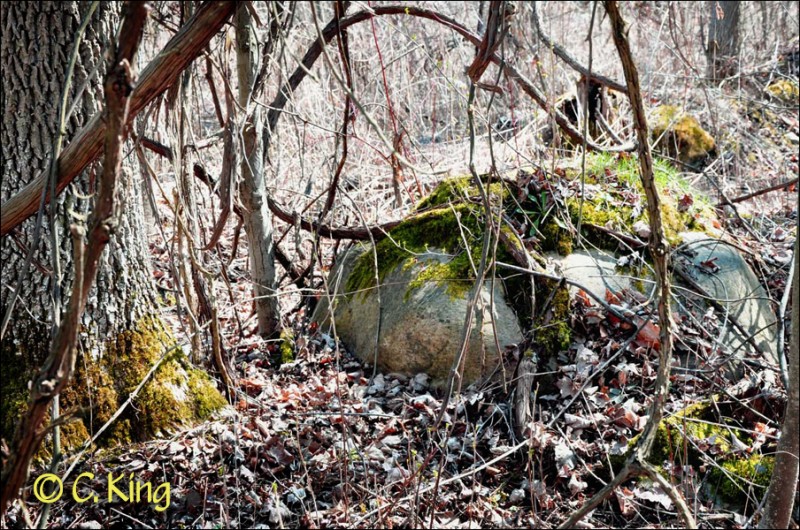
With all the clear cutting which has been observed in the rural areas surrounding this city this writer is concerned about the carbon sequestering loss of these trees and more importantly the habitat loss for our community and local wildlife. Do you appreciate the wildlife that shares your favourite spaces?
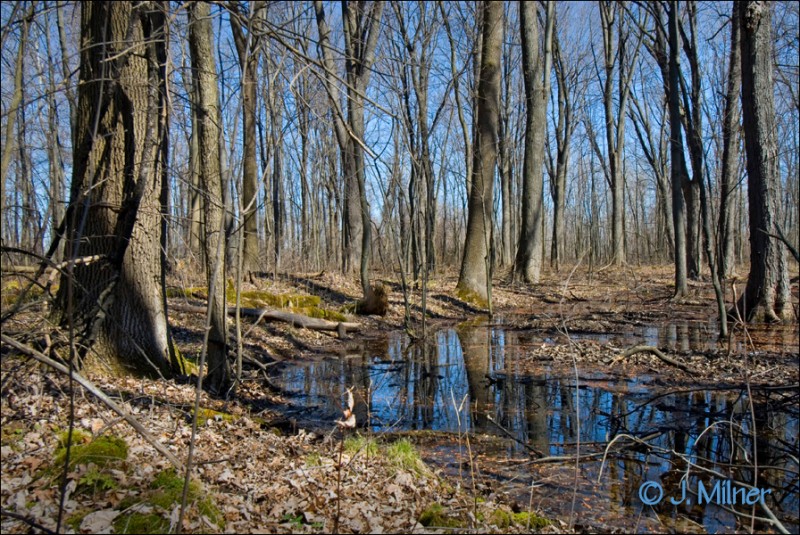 This could be your backyard, Local Park or favourite outdoor picnic area at work? I know most people do. It lightens their mood and uplifts their days.
This could be your backyard, Local Park or favourite outdoor picnic area at work? I know most people do. It lightens their mood and uplifts their days.
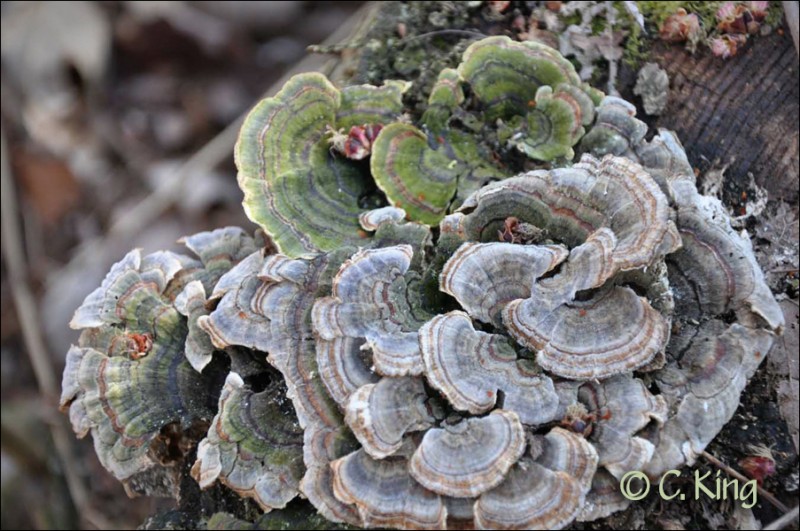
To maintain/accommodate a diversity of wildlife in any area requires an approximate 35% forest coverage. There are municipalities in Eastern Ontario that are painfully below this healthy number.
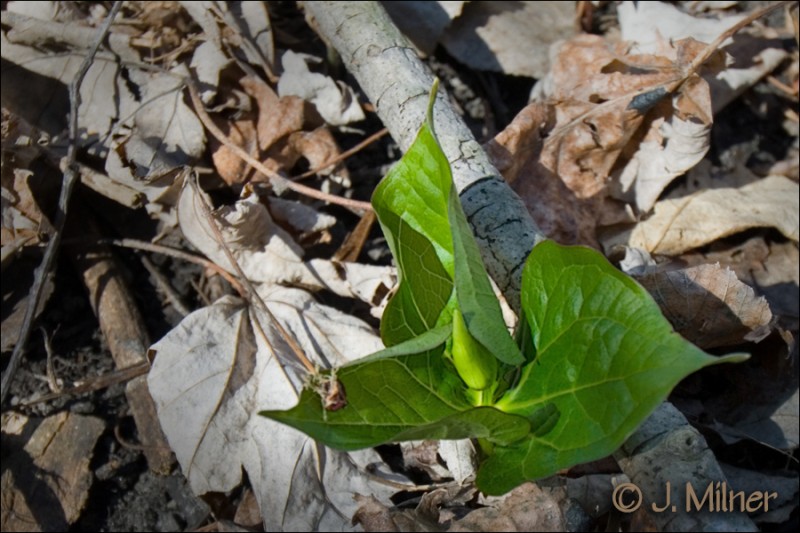 So as we witness progress making way for new homes, shopping centers and larger mono crops of corn and Soya perhaps it is time to ask ourselves,”what can we as individuals and city planners do to insure we maintain and increase our forest covered areas?”
So as we witness progress making way for new homes, shopping centers and larger mono crops of corn and Soya perhaps it is time to ask ourselves,”what can we as individuals and city planners do to insure we maintain and increase our forest covered areas?”
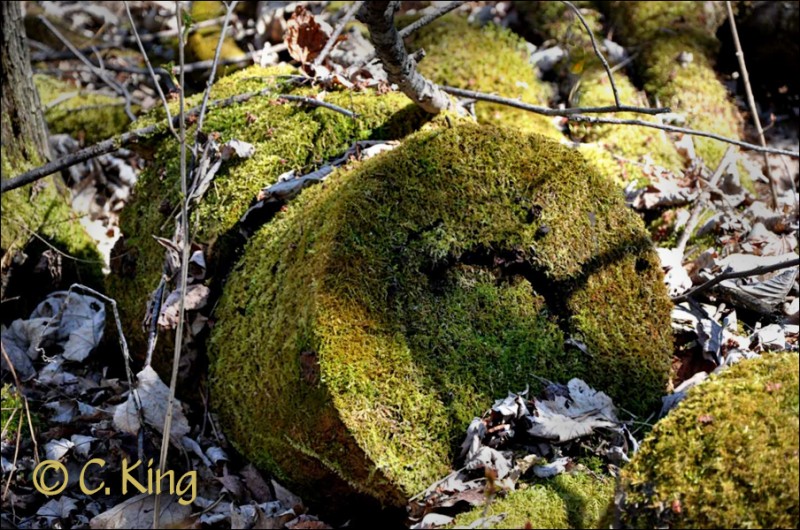 Forests can be clear cut in very short order. In turn they take many, many years to grow. There are certain cities and municipalities that have enacted bylaws that require permissions to cut trees.
Forests can be clear cut in very short order. In turn they take many, many years to grow. There are certain cities and municipalities that have enacted bylaws that require permissions to cut trees.
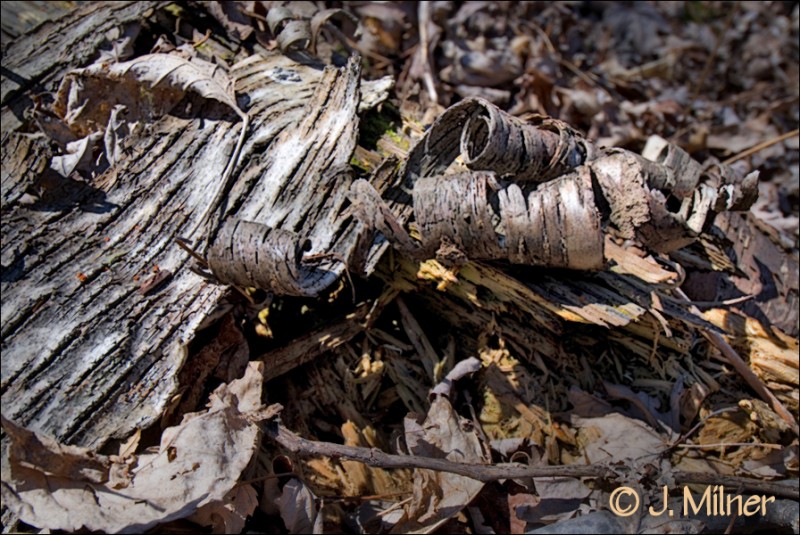 Do we really need to consider such measures to insure that we do not put species at risk by putting them in a position that they no longer have access to the food, cover and the micro climates necessary for survival?
Do we really need to consider such measures to insure that we do not put species at risk by putting them in a position that they no longer have access to the food, cover and the micro climates necessary for survival?
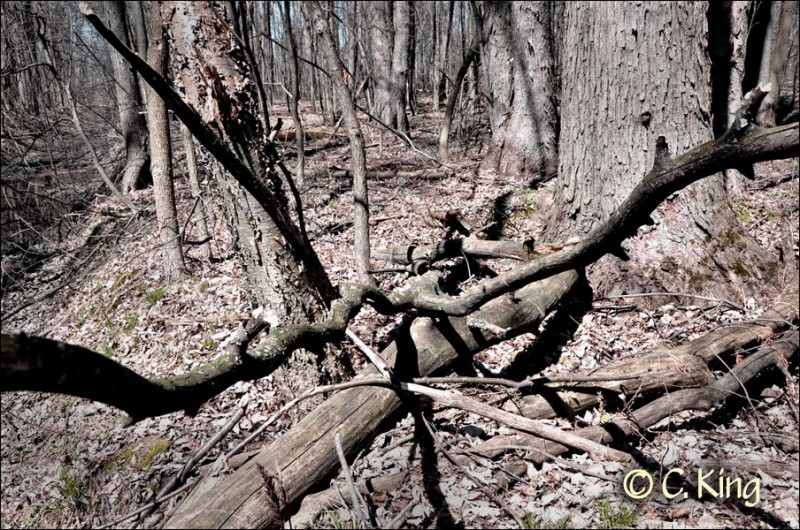 It is clear to this writer that if we continue to develop areas with our eyes only on the immediate dollar gain, we will loose valuable resources and habitats that are priceless. This spring of 2012, Earth Matters invites everyone to plant hope for tomorrow.
It is clear to this writer that if we continue to develop areas with our eyes only on the immediate dollar gain, we will loose valuable resources and habitats that are priceless. This spring of 2012, Earth Matters invites everyone to plant hope for tomorrow.
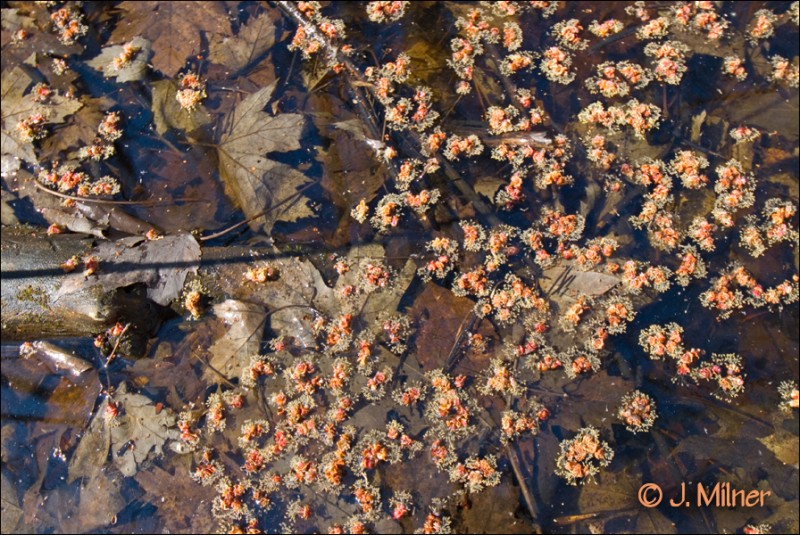 Planting bushes and trees can provide a multitude of benefits to your community, your home, your future and the multitude of life forms that share this living earth with us. Further more, this International Year of the Cooperative would be a perfect time to works with friends, family, co-workers to initiate a project which will insure healthy habitats for the health and benefit of all.
Planting bushes and trees can provide a multitude of benefits to your community, your home, your future and the multitude of life forms that share this living earth with us. Further more, this International Year of the Cooperative would be a perfect time to works with friends, family, co-workers to initiate a project which will insure healthy habitats for the health and benefit of all.
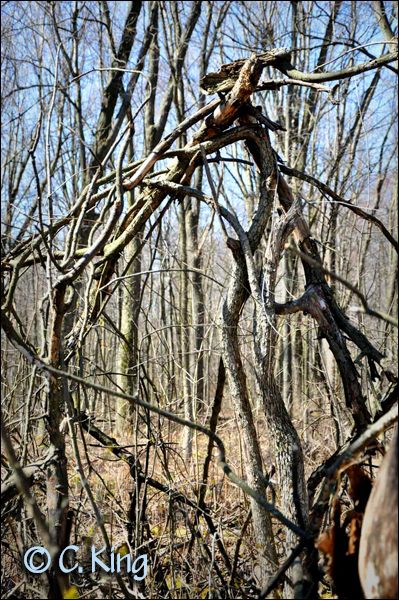 Let us know what plans you have. We would love to write about it.
Let us know what plans you have. We would love to write about it.
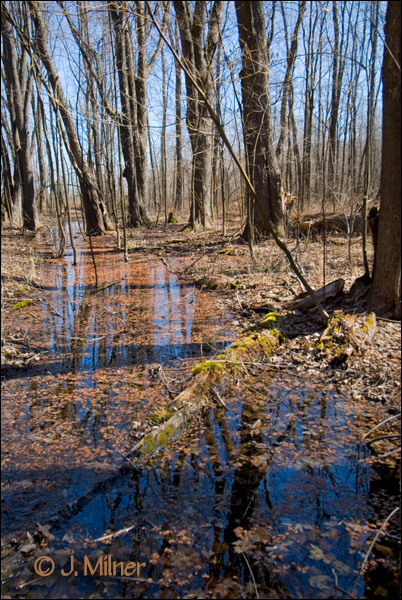 In celebration of spring, Charlotte and I share the following images of Lynwood Forest, an area still alive and well. Spring brings about changes very quickly.
In celebration of spring, Charlotte and I share the following images of Lynwood Forest, an area still alive and well. Spring brings about changes very quickly.
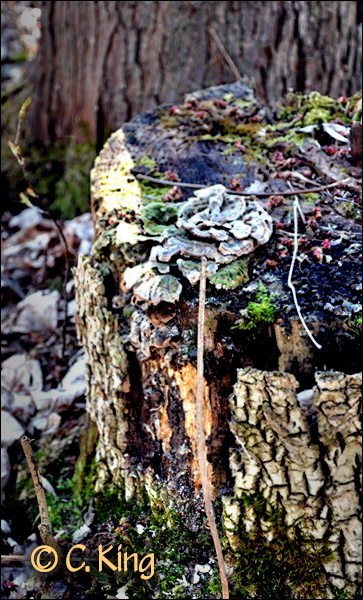 Since these photographs were taken the forest floor has sprouted a carpet of Trilliums and the trees are beginning to dress in their finest greens.
Since these photographs were taken the forest floor has sprouted a carpet of Trilliums and the trees are beginning to dress in their finest greens.
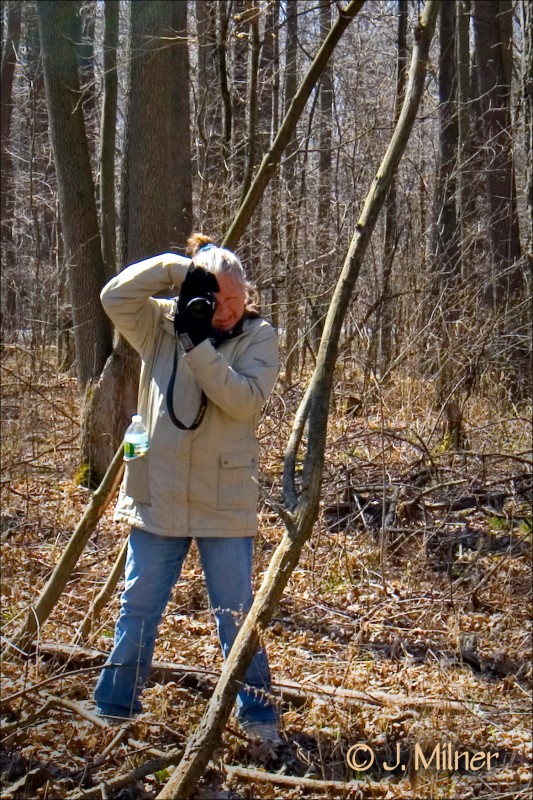 Get out there and enjoy the wonders of Mother Nature.
Get out there and enjoy the wonders of Mother Nature.
We encourage and always welcome your commentary below or to earthmatters@cornwallfreenews.com

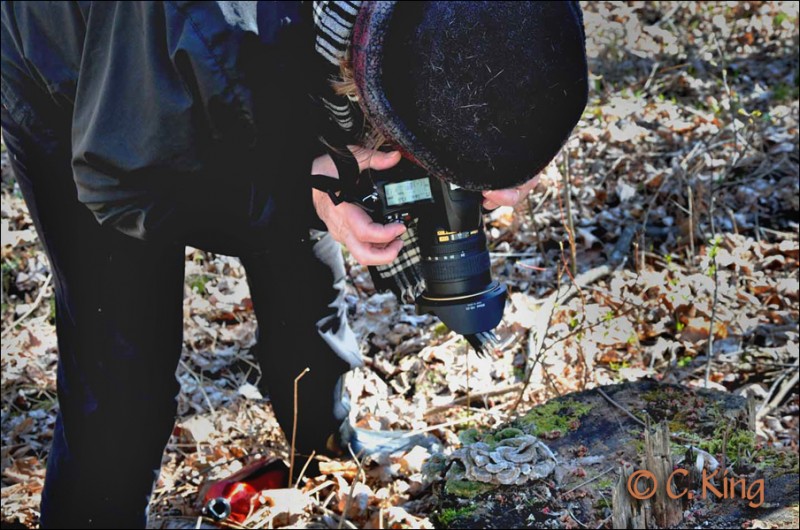

The pictures were stunning. Thank you for sharing them with us.
I visit the bushlands that we have in and about the city of Cornwall every chance I get. No matter what time of year it is the view is breathtaking. But you have to open your eyes. We are probably fortunate that we still do have some bushland left. If the decission makers could only realize what this means to the city to save these precious areas, they would not be in such a hurry to strip the land for more development. Rather build around. The more bushland we can save the more desirable Cornwall will become in the future. Can’t you see this? Plan now for a better tomorrow for Cornwall.
In London On they formed a Reforest London working group to bring the tree cover back, known as the Tree City London’s tree cover had fallen below 20%, so now groups of volunteers plant all kinds of areas with native species. We participated in several of these when I was there and the joy we got from doing this as a collective was heart warming. It truly is delightful to work on the land and nurture growth and beauty, it is necessary for our well being….we get depressed, discouraged, disheartened when we lose the beauty of the natural world. Even development could be done in a sustainable manner. Trees should not be cut down. Has anyone see St Julie’s development at the base of the mountain? It is an enclave of serenity…Stop paving, we don’t need any more pavement. There are limits to growth…
I see that many see and appreciate the benefits of maintaining and growing natural spaces within the city limits. All this being said, it is most important to relay this information to your City Planners, Policy Makers and Economic Development Personnel. If it is sensed that your communications are falling on deaf ears, starting up a group such as “Reforest Cornwall” as mentioned by Maggie, could be the catalyst necessary to see things moving in a healthy direction for the city and local wildlife population.
It warms the heart to know that development is not everything. The more we live on the land, and not off the land, the more a symbiotic relationship evolves. Seeing our world around us as a young child sees it will give us new ideas and hope for a future where compassion for the earth will teach us compassion for our neighbors.
Beautifully said Charlotte.
We need more PUBLIC ownership of forested, natural lands. We cannot expect private landowners to provide that out of their own pockets. Sane conservation measures, such as fencerows and stream buffers are another matter however, that all responsible land owners should follow, including municipalities like the city of Cornwall. South Dundas is in the process of selling off 400 plus acres of forested land already owned by the township, “to increase their tax base”. That should never be allowed to happen.